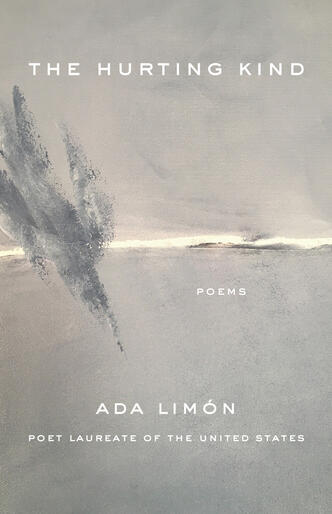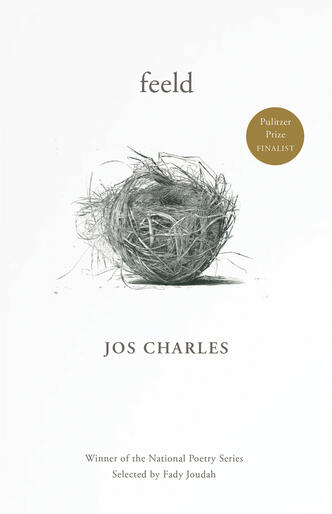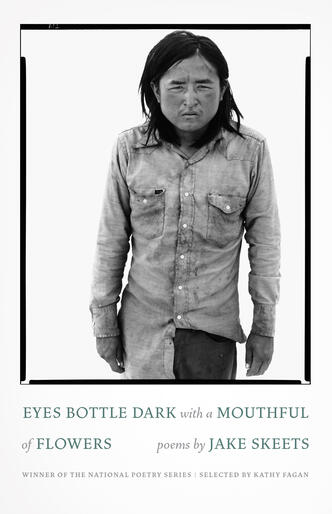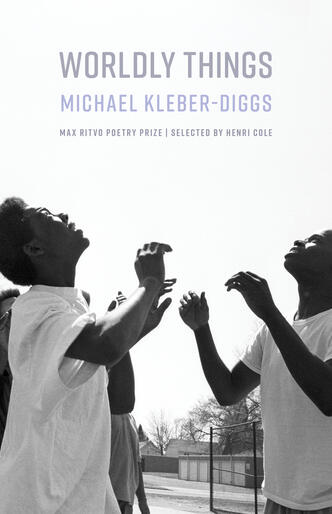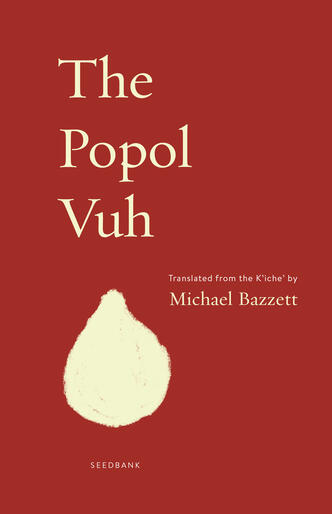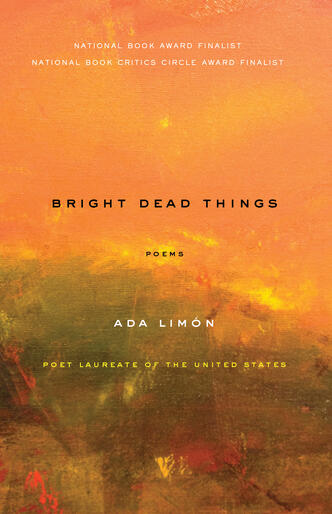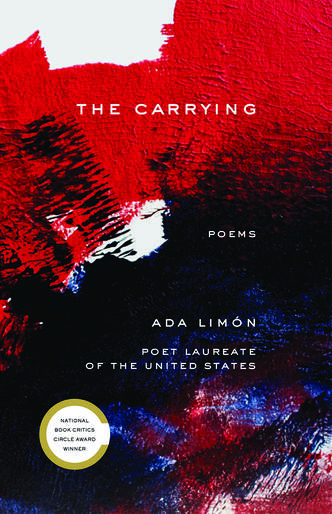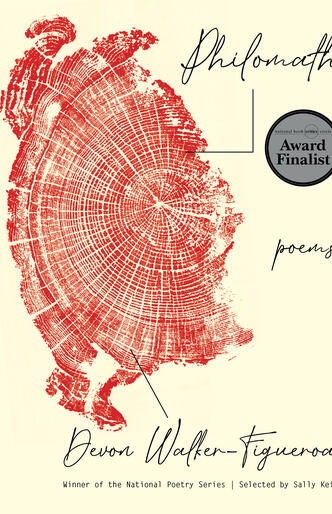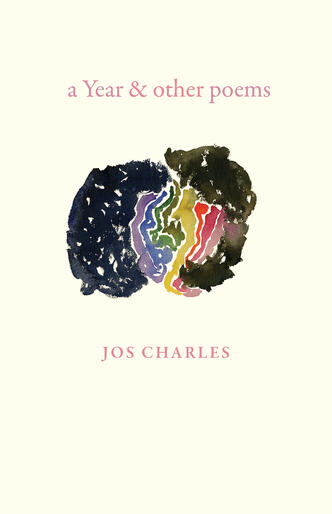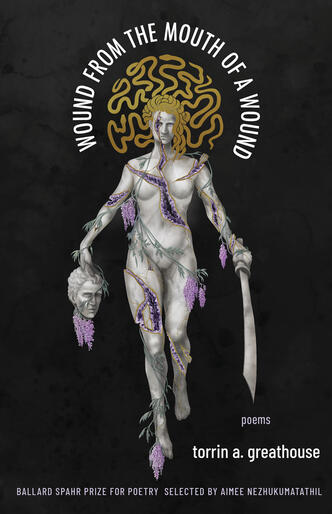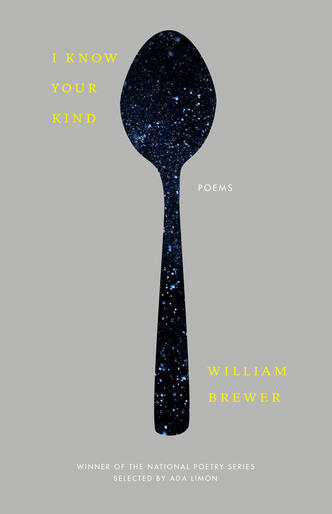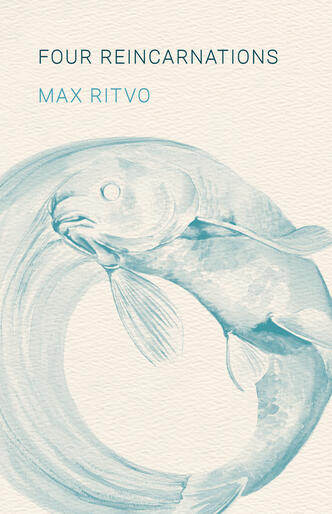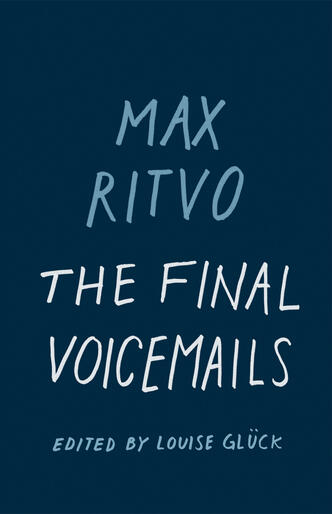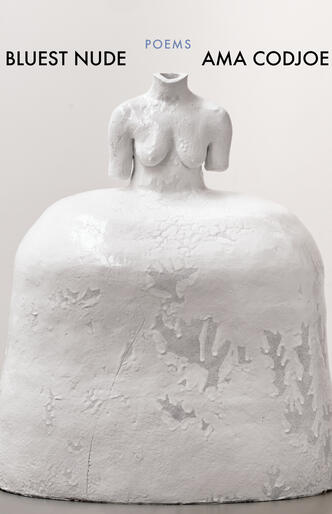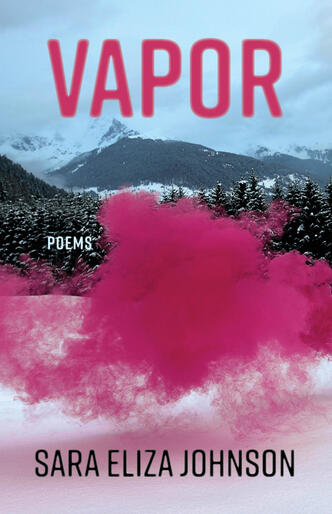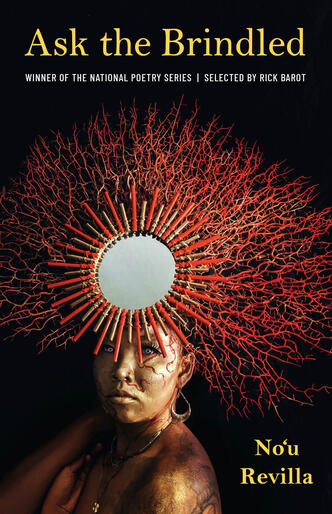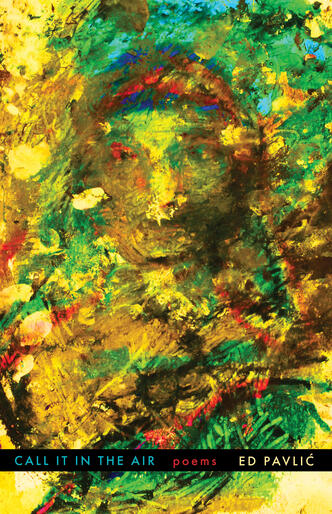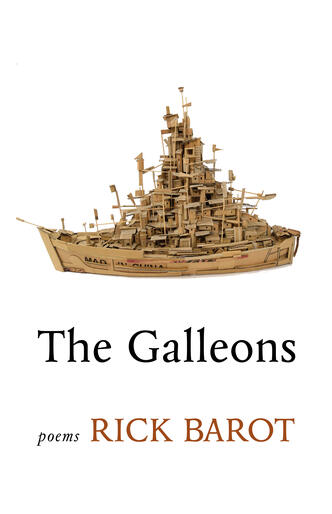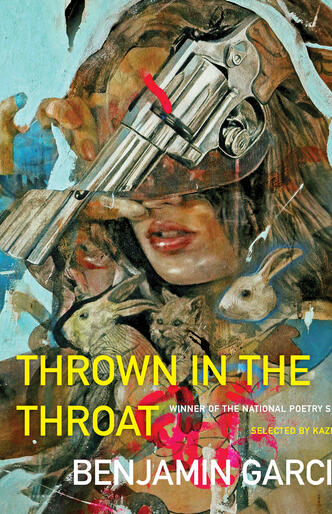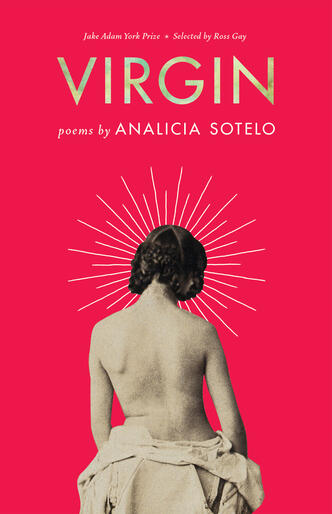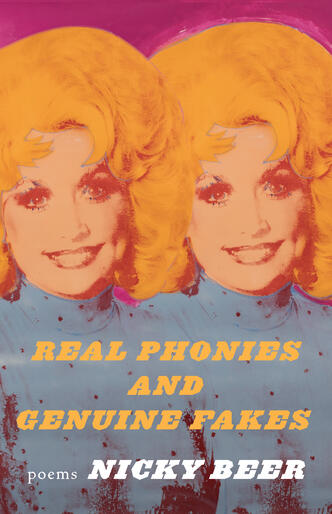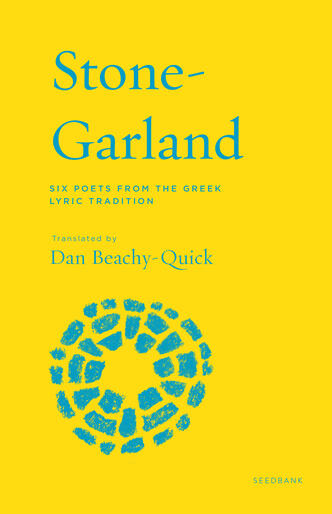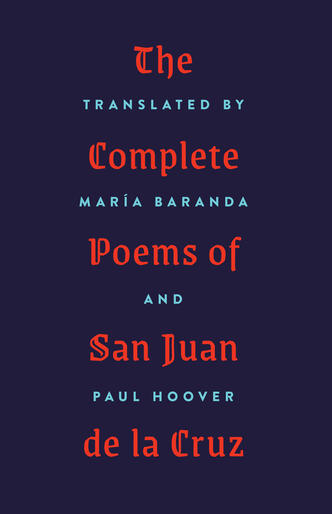An astonishing collection about interconnectedness—between the human and nonhuman, ancestors and ourselves—from U.S. Poet Laureate Ada Limón.
This National Poetry Series winner defiantly makes space for bodies that have been historically denied their own vocabulary. These poems stake a claim on the language available to speak about trans experience.
This National Poetry Series winner is an unflinching portrait of the actual west—full of beauty as well as brutality, where boys tentatively learn to become, and to love, men.
Winner of the Max Ritvo Poetry Prize, the poems of Worldly Things offer needed guidance on ways forward—toward radical kindness and a socially responsible poetics.
By turns poetic and lucid, sinuous and accessible, this verse translation of the Mayan epic—the first of its kind, and the first in the Seedbank series—breathes new life into an essential tale.
From U.S. Poet Laureate Ada Limón, Bright Dead Things examines the dangerous thrill of living in a world you must leave one day and the search to find something that is “disorderly, and marvelous, and ours.”
From U.S. Poet Laureate Ada Limón comes The Carrying—her most powerful collection yet.
Selected by Sally Keith as a winner of the National Poetry Series, this debut collection is a ruminative catalogue of overgrowth and the places that haunt us.
From the celebrated author of feeld comes a formally commanding third collection, dexterously recounting the survival of a period suffused with mourning.
Concrete and evocative, Wound from the Mouth of a Wound is a testament to persistence, even when the body is not allowed to thrive.
Uncanny, heartbreaking, and often surreal, this National Poetry Series winner is an unforgettable elegy for the people and places that have been lost to opioids in rural Appalachia.
The poems of this debut collection are dispatches from chemotherapy beds and hospitals and the loneliest spaces in the home. They are relentlessly embodied, communicating pain, violence, and loss—and yet they are also erotically, electrically attuned…
A final collection fully inscribed with the daring of the author’s acrobatic mind and the force of his unrelenting spirit. These poems brush up against the pain, fear, and isolation that accompany a long illness.
Ama Codjoe’s highly anticipated debut collection brings generous light to the inner dialogues of women as they bathe, create art, make and lose love. Each poem rises with the urgency of a fully awakened sensual life.
A haunting collection that inhabits a disquieting future where fear is the governing body, “the organ and the tissue / and the cell, the membrane and the organelle.”
Sara Eliza Johnson’s much-anticipated second collection traces human emotion and experience across a Gothic landscape of glacial and cosmic scale.
Ask the Brindled is an intergenerational reclamation of the narratives foisted upon Indigenous and queer Hawaiians.
Somewhere between elegy and memoir, poetry and prose, Ed Pavlić’s Call It in the Air follows the death of a sister into song.
A boy asks his father what it means to die; a poet wonders whether we can truly know another’s thoughts; a man tries to understand how extreme violence and grace can occupy the same space. These are the questions tackled in these poems.
In The Galleons, Rick Barot widens his scope, contextualizing the immigrant journey of his Filipino-American family in the larger history and aftermath of colonialism.
Thrown in the Throat is a sex-positive incantation that retextures what it is to write a queer life amidst troubled times.
This Jake Adam York Prize winner is a vivid portrait of the artist as a young woman. At every step, these poems seduce with history, folklore, and sensory detail.
What is illusion—a deception, or a revelation? What is a poem—the truth, or “a diverting flash, / a mirror showing everything / but itself”?
Spare, earthy, lovely, Stone-Garland offers readers of the Seedbank series its lyric blossoms and subtle weave, a walk through a cemetery that is also a garden.
From celebrated contemporary poets María Baranda and Paul Hoover, an exciting collaborative translation of the canonical poems of San Juan de la Cruz.
